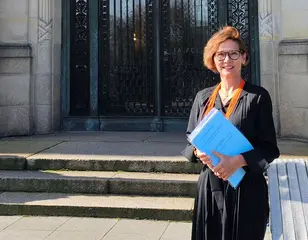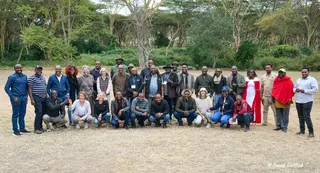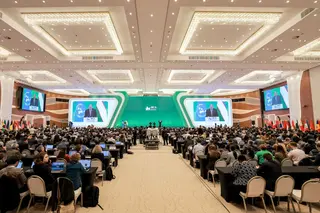IUCN Commissions:
- Analyse issues and prepare assessments, reports, action plans, criteria and methodology;
- Undertake research and other scientific and technical work;
- Undertake tasks assigned to them within the integrated programme of IUCN;
- Provide advice on any matter within their fields of competence;
- Broaden knowledge and competence on matters relating to their mandates;
- Work with Members and the Secretariat to develop activities within the various Regions;
- Support Members and components of IUCN with necessary expertise; and
- Undertake such other responsibilities as may be assigned to them by the World Congress and the Council.












